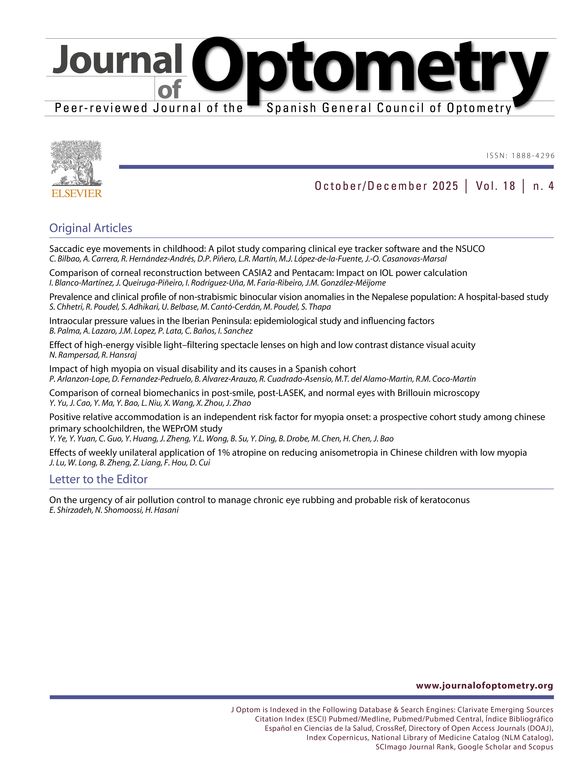Over the last few years there has been surging news and alerts regarding the increasing number of predatory journals.1,2 Once the scientific community was becoming aware of this fake trending, fake scientific conferences came as the next alert.3,4,5 Predatory journals and conferences indeed had financial motives behind the fraudulent attempts attacking early career researchers and students who were in dire need of visibility. Fabrication of scientific data and retraction of papers remains a big concern for years now continuing to shaking the morality of human etiquettes in general.6,7 It was indeed a surprise to see that this fabrication did not leave the COVID-19 era unattended.8
And now has come a time for the next intellectual attempt to this scam in the form of fake awards to scientists. This website named as new science inventions9 first sends an invite to your email alerting that your recent publication has been nominated under the best research or young scientist’s category. This publication could even be just as fresh as a day right out of the press. After this nomination, your name gets listed in the website under hundreds of other scientists with affiliations from very reputed institutions. You are then asked to pay a fee ranging between 50–130 US Dollars to register for the virtual conference, to be able to receive this award and also print your award certificate. It was such a shock to witness the number of people from reputed institutions who have ended up paying this money to receive the certificate of award with the belief that this could potentially be a highlight in their resume, not knowing about the deceiving characters behind the scam. This sort of scam targets the early career researchers and professionals who are looking forward for a breakthrough in their career. Given the current uncertainty of the COVID-19 pandemic and anxieties around career growth increasing every other day, this sort of scam targets the vulnerable minds showing the scope of a glittery award. This sort of awards provide the immediate validation and gratification regarding one’s scientific progress which in reality is devastating and could spoil the reputation of the researcher itself.
The only sort of advice is to have a mentor or guide who can educate these professionals regarding the authenticity and credibility of information and not to set mindsets towards awards and accolades. There is this famous quote by Albert Einstein that goes as “Whoever is careless with the truth in small matters cannot be trusted with important matters”. It is now time to rephrase this quote to “Whoever is careless with the falseness in aspects of science and facts cannot be trusted with important matters”. In science what really matters is the truth and nothing else! And it is important to reset our goals to meaningful pursuits when awards and accolades will become the by-product.
Financial disclosuresNone.
Conflict of interestThe author has no conflict of interest to declare.
Statement of publicationThis article has not been submitted/published elsewhere.
Funding supportNil.








